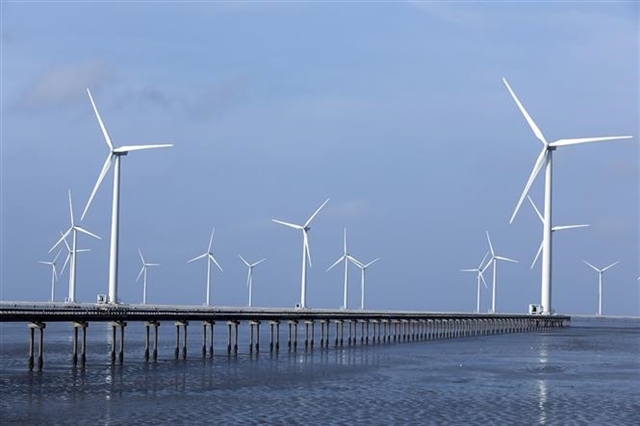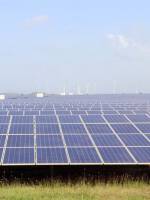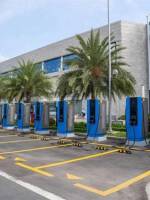
Deputy Minister of Natural Resources and Environment Lê Công Thành has said that the Government and businesses must collaborate on favourable legal frameworks to encourage sustainable production and consumption models.
Thành stressed that transitioning to a sustainable economy is not only an urgent task, but also a significant opportunity to enhance competitiveness, improve quality of life and protect the environment by achieving net-zero emissions by 2050.
He stated that Việt Nam needs a comprehensive strategy, interdisciplinary and inter-regional coordination, and a spirit of innovation in production activities, green economic development and environmentally friendly practices from businesses, households and individuals.
To achieve these goals, Việt Nam must promote policies that prioritise the development of clean technologies, renewable energy and investments in eco-friendly projects.
Additionally, there needs to be a focus on developing a circular economy by shifting the mindset from “produce-consume-dispose” to “reduce-reuse-recycle.”
This shift should be accelerated as circular models not only help reduce resource waste and protect the environment, but also create added value for businesses and communities, enhancing competitiveness on the international stage.
Emissions reduction efforts should prioritise strict control of industries with high environmental pollution risks while encouraging the transition to clean and eco-friendly energy sources, as well as the adoption of green technologies, best available technologies and non-greenhouse gas-emitting technologies.
Thành also emphasised that waste should not be viewed as a burden, but rather as a valuable resource when properly utilised.
“However, to transform waste into a resource serving the country’s economic development, it is essential to strengthen waste sorting efforts, establish modern recycling plants and encourage research and application of advanced waste treatment technologies,” he said.
Education and raising public awareness about the role of individuals in emissions reduction must also be a priority. Community outreach and awareness campaigns on environmental protection need to be widespread, continuous and persistent.
Perfecting mechanisms for energy transition
Nguyễn Tuấn Quang, Deputy Director General of the Department of Climate Change under the Ministry of Natural Resources and Environment, remarked that reducing greenhouse gas emissions and transitioning from fossil fuel use to clean energy presents an opportunity to restructure the economy towards sustainability, enhance its competitiveness and capitalise on opportunities for trade cooperation and investment in development.
Quang recommended several types of solutions that Việt Nam should prioritise.
In the near future, the Government must continue improving frameworks to facilitate the digital transformation, green transition, green growth and the development of a low-carbon economy.
Mechanisms to attract resources for a green transition must also be perfected, alongside research and development of new technologies for emissions reduction and training a skilled workforce.
The state should also finalise consistent mechanisms, policies and legal documents to address difficulties, mobilise social participation and fulfil Việt Nam’s commitments at COP26.
Government ministries, sectors and local authorities should actively implement the action programme on the green energy transition, carbon emissions reduction and methane reduction in the transportation sector.
Furthermore, international support for Việt Nam should be actively sought through bilateral and multilateral cooperation frameworks, he added.
(VNS)




